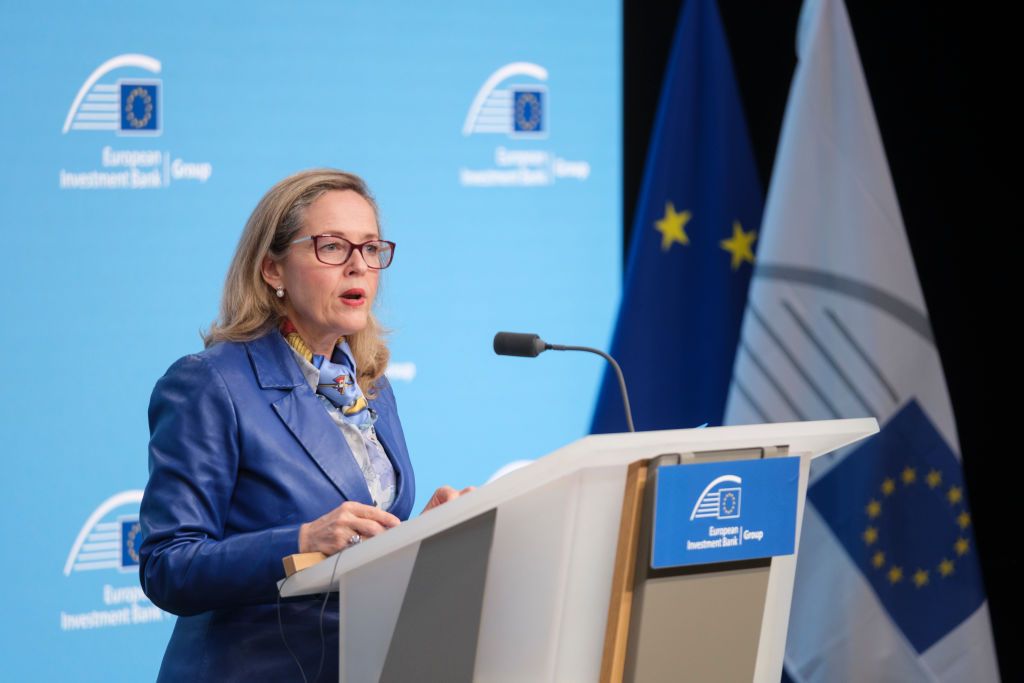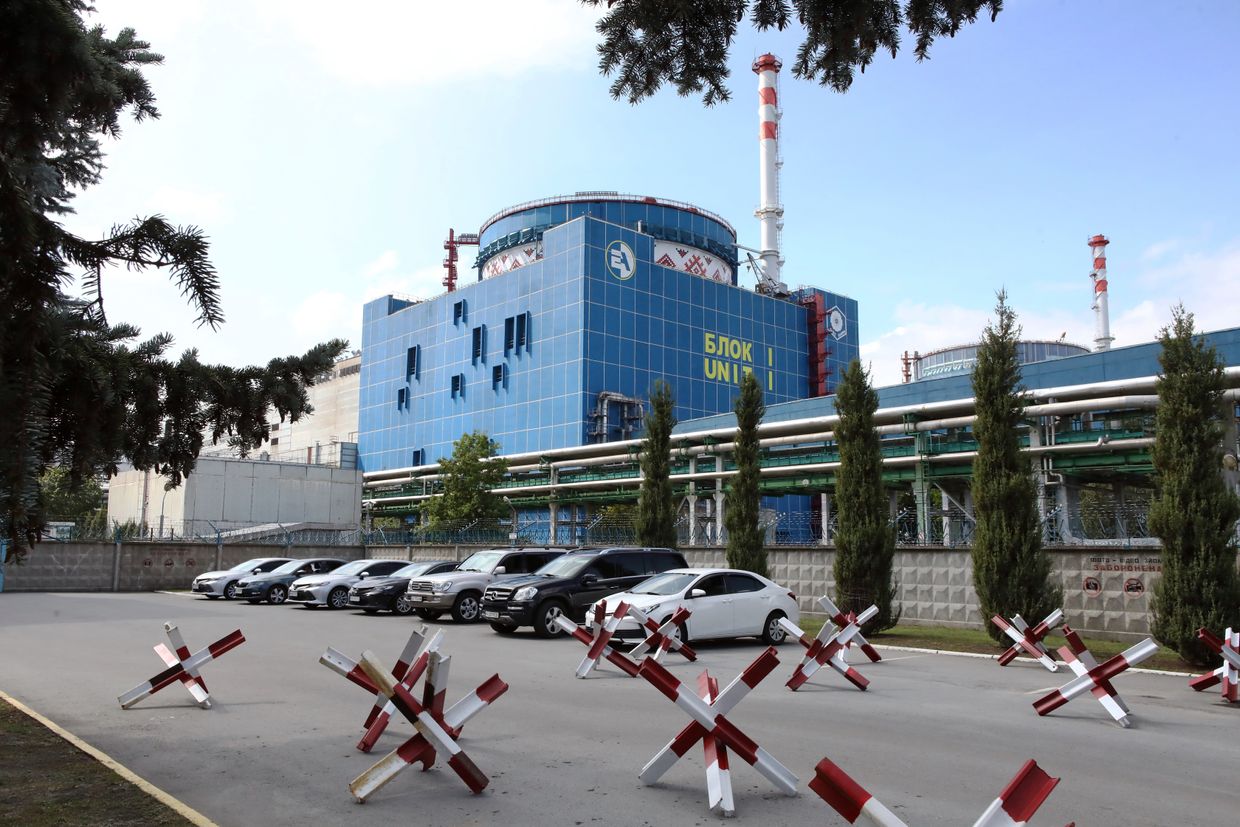Ukraine Reforms Tracker Weekly — Issue 13

Editor’s note: This is issue 13 of Ukrainian lawmaker Yaroslav Zhelezniak’s weekly "Ukraine Reforms Tracker" covering events from Feb. 3–Feb. 9, 2025. This newsletter was until recently titled “Ukrainian Economy in Brief." The digest highlights steps taken in the Ukrainian parliament related to business, economics, and international financial programs.
The Kyiv Independent is republishing with permission.
Benchmarks and soft commitments with the IMF
Ukraine’s Parliament to review High Administrative Court bill, but passage uncertain
Ukraine’s Parliament, the Verkhovna Rada, is set to review bill #12368-1, which proposes the establishment of the High Administrative Court, during the first plenary week of its new session. The bill, authored by Serhiy Vlasenko from the Batkivshchyna faction, faces an uphill battle, as it does not align with the International Monetary Fund (IMF) memorandum requirements and is unlikely to secure enough support for passage. Moreover, the Committee hasn’t made a decision regarding this draft law yet.
As previously reported, this version of the bill assigns jurisdiction over cases related to the National Anti-Corruption Bureau (NABU) and the Specialized Anti-Corruption Prosecutor’s Office (SAPO) competitions and audits to the Kyiv City District Administrative Court (KMOAC). Additionally, it proposes creating a separate Kyiv City Administrative Court of Appeal for appeals — an approach that diverges from Ukraine’s commitments under the IMF’s Memorandum of Economic and Financial Policies (MEFP).
Meanwhile, another IMF structural benchmark, the repeal of the "Lozovyy amendments" on pre-trial investigation deadlines, remains absent from the legislative agenda — despite its original December 2024 deadline.
The session’s procedural uncertainty was further highlighted on Feb. 4, when lawmakers failed to secure enough votes to approve the 2025 parliamentary legislative plan and session agenda.
Obligations to the EU
Ukraine’s Parliament to debate ARMA reform bills
This week, Ukraine’s Verkhovna Rada will consider several bills aimed at reforming the Asset Recovery and Management Agency (ARMA). The agenda includes the government-backed draft law #12374, along with two alternative proposals — draft law #12374-1, sponsored by MP Tkachenko, and draft law #12374-2, introduced by MP Oleksii Movchan.
The legislative amendments is a key requirement under the Ukraine Facility plan, with a Q1 2025 deadline. The reform package seeks to enhance the appointment process for ARMA’s leadership, ensuring an independent selection process, as well as introducing external audits and performance evaluations to improve accountability.
Other key economic issues
Zelensky backs completion of Khmelnytskyi nuclear power plant reactors
Ukrainian President Volodymyr Zelensky has publicly endorsed the completion of the Khmelnytskyi Nuclear Power Plant expansion project, calling it a cornerstone of Ukraine’s energy independence and regional stability.
“The completion of this project is key to Ukraine’s energy independence and the region’s energy security. It is important that Ukrainian lawmakers support this initiative,” Zelensky said in a Feb. 4 video address.
However, MPs and anti-corruption NGOs raise concerns over the financial feasibility of the project. Investigative outlet Nashi Groshi reported that Ukraine is expected to pay $1.1 billion to acquire old Russian-made reactors from Bulgaria, with additional construction and installation costs still undetermined. Six years ago, the project’s estimated cost was Hr 80 billion ($2 billion at the time), but state nuclear operator Energoatom has now launched a tender for a revised cost assessment.













